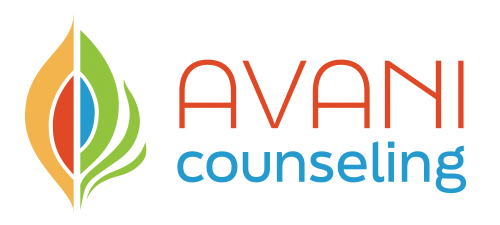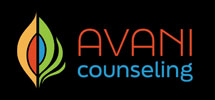Author: Mona Klausing
TikTok and Mental Health
Recently, our team has noticed an uptick in clients discussing mental health issues and diagnoses that they first learned about on TikTok. The rise of mental health content on the social media platform has skyrocketed during and since the pandemic and this phenomenon has been documented extensively. Millions of users have been able to learn about, commiserate with and support one another through a frightening and uncertain time during COVID-19.
There are numerous pros to having mental health concerns de-stigmatized and normalized on TikTok when for so many previous generations these legitimate health issues were kept in the shadows. Family members would too often avoid speaking openly about mental health struggles due to shame, fear, feeling ostracized or misunderstood. The current and growing trend towards greater acceptance of mental healthcare has been encouraging and is influencing the development of cutting-edge mental health technologies and a new generation of clinicians / technophiles. We, as a clinical team, are excited to see where the greater focus on mental wellbeing will take our field.
We also want to acknowledge that while sharing TikToks of personal struggles can feel liberating and may help others feel ok asking for support, they can also be easily misinterpreted. Each person’s experience with depression, anxiety, ADHD, or any other mental health concern is unique and doesn’t define what someone else might experience. Also, the limited information available in TikTok format lacks detail, supporting evidence, and oftentimes, clinical expertise. So as a viewer of this ‘unregulated’ content, it is important to discern what to take away and what to leave behind.
When discussing TikTok content, like a mental health diagnosis, with your therapist, we will want to have a supportive conversation with you around
- What content are you drawn to and why?
- How are you making meaning from what you are consuming online?
- Would having a mental health diagnosis be helpful to you, and if so, why?
- What questions would it answer? Or what barriers would it remove?
- Have your perspectives about certain mental health concerns shifted based on the content you consume? How so?
As new media formats continue to emerge, we remain watchful of the growing intersection between technology and mental health, and how it affects our clients and society at large.
Related Articles:
- LA Times: TikTok is helping GenZ with Mental Health
- NY Times: Therapists are on TikTok
- USA Today: Mental health TikTok is powerful. But is it therapy?
© 2023 MonaKlausing.com





